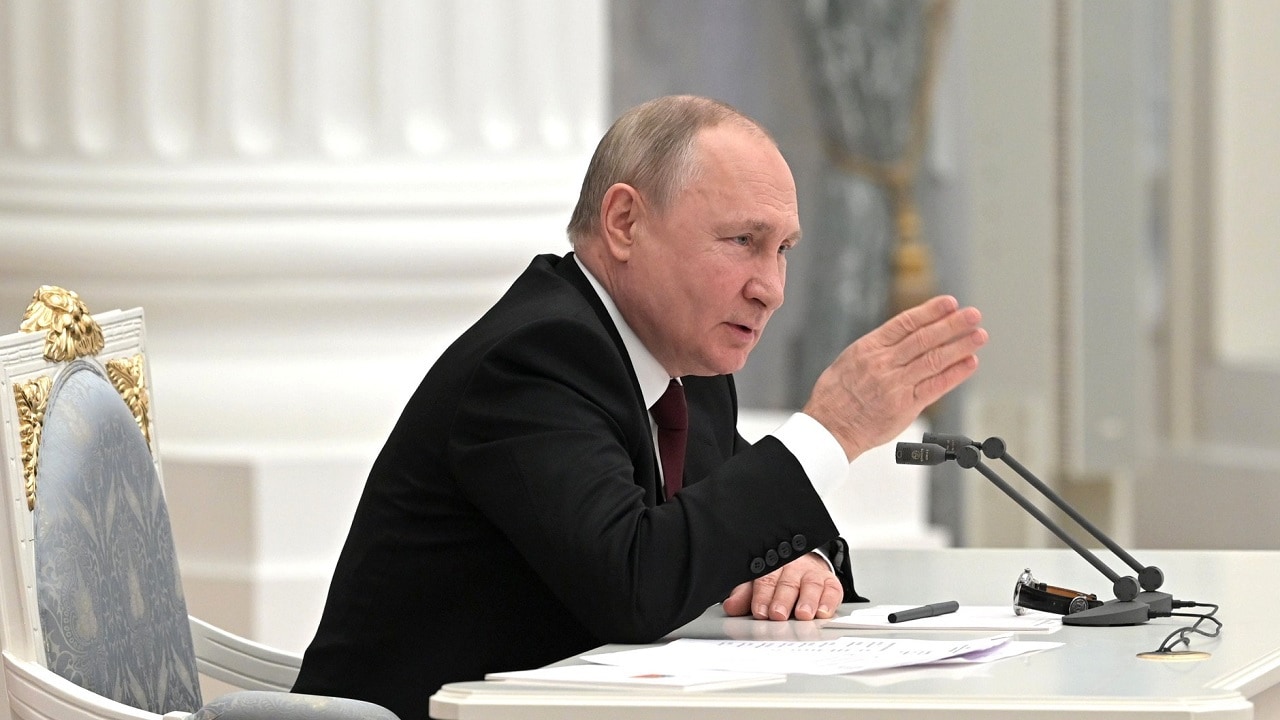Residents of the occupied Ukrainian city of Kherson fear that Russia is about to launch a “pseudo referendum” that will serve as a pretext or justification for Russia to attempt to annex or “liberate” two eastern regions of the country.
Reports reveal how Russian soldiers and officials have reportedly begun printing off ballot papers to use in a referendum, echoing the actions taken by the Russian military and Kremlin during the annexation of Crimea in 2014.
Ukrainian President Volodymyr Zelenskyy warned this week that any such referendums being held in Ukraine is a red line that would stop him from continuing peace talks with the Russian Federation.
If Russia is going by its playbook, what is about to happen in Kherson and elsewhere could pan out in a very similar way to the 2014 referendum held in Crimea.
Pseudo Referendums – What Happened in 2014?
In March 2014, Russia conducted a controversial referendum – not organized or endorsed by the Ukrainian government – asking residents in the region whether they supported the territory being controlled by the Kremlin.
Specifically, residents were asked if they believed that Sevastopol and Crimea should become Russian territory, but did not include an option to maintain the status quo.
In Crimea, 97.47% of valid votes were cast in favor of joining the Russian Federation, while 2.53% supported restoring the 1992 Crimea constitution and becoming a part of Ukraine.
In Sevastopol, 96.59% of valid votes supported joining Russia, and 3.41% supported restoring the 1992 Crimea constitution.
The remarkably high level of support for joining Russia was likely a result of the unofficial referendum not being conducted fairly – although, a substantial percentage of the region’s residents were already known to be pro-Russia. Large numbers of pro-Kiev residents boycotted the referendum entirely.
Why the Pseudo Referendums Was Clearly Illegitimate
Beyond obvious problems with the way that the referendum was conducted, and the fact that not everybody turned out to vote in the first place, the United States and most of Europe insisted that the referendum violated international law and the Ukrainian constitution.
Under the constitution of Ukraine, any changes to the country’s territory must be approved by a referendum of all people in the country – meaning the referendum conducted by the Russians didn’t grant them the power to annex the region.
Despite the referendum being recognized as invalid and the territory of Crimea being disputed, it has been controlled by the Russian Federation since 2014.
This could be the path that Russian President Vladimir Putin is looking to use once again in the People’s Republics of Donetsk and Luhansk.
Jack Buckby is a British author, counter-extremism researcher, and journalist based in New York. Reporting on the U.K., Europe, and the U.S., he works to analyze and understand left-wing and right-wing radicalization, and reports on Western governments’ approaches to the pressing issues of today. His books and research papers explore these themes and propose pragmatic solutions to our increasingly polarized society.

